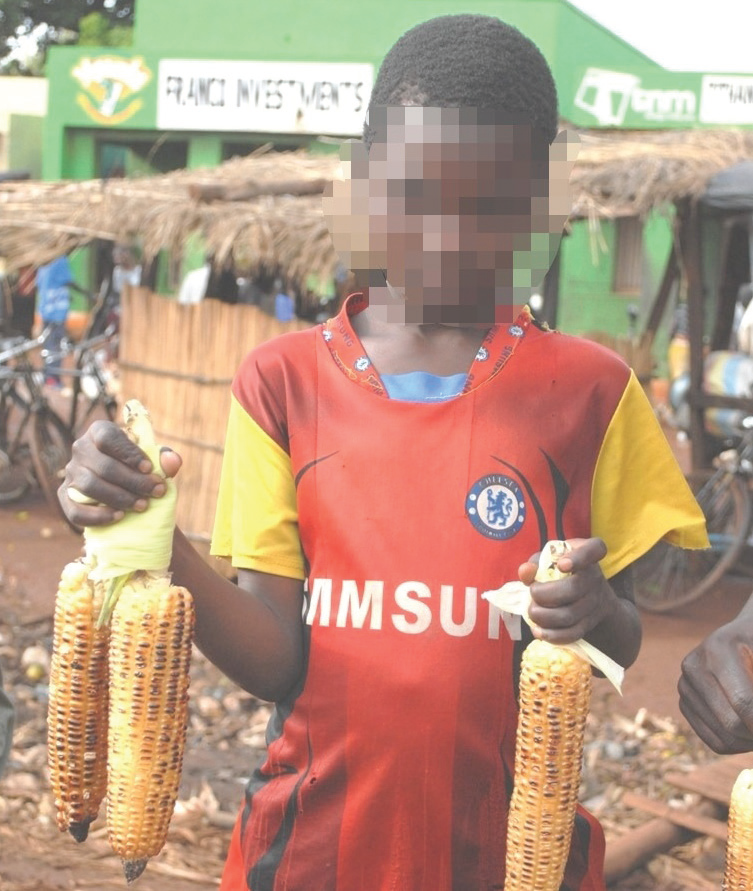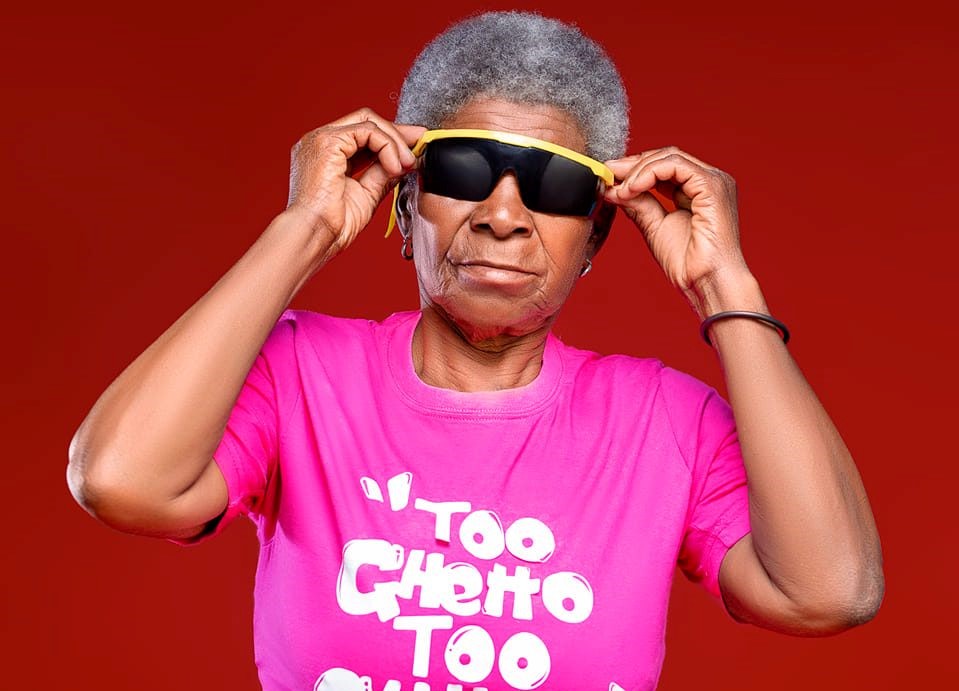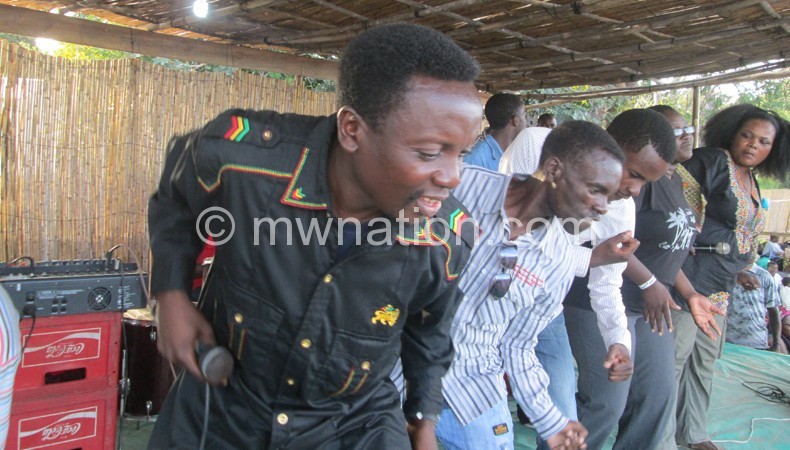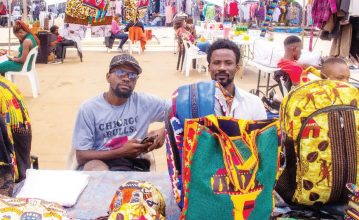Child labour persists publicly
The International Labour Organisation estimates that child labour affects 2.1 million children in Malawi aged five to 15.
These are part of southern Africa burden estimated at 9.6 million children amid the Covid-19 pandemic.

In Blantyre City, a 13-year-old boy disguised as Mark is frequently seen selling fritters, freezes and thobwa (sweet beer) at Chirimba Market while his peers go to school.
Mark was employed as a mobile vendor, last year.
“I fled poverty in Mulanje in 2021. My boss pays me K12 000 a month,” he says.
Mark’s pay is less than a quarter of the country’s minimum monthly pay of K50 000.
“Every day, I wake up at 5.30 am to do household chores, then carry a cooler box full of thobwa and a bucket of fritters to the market,” he explains.
Mark only returns home when the commodities are sold out, he states.
Maggie’s agony
Similarly, Margret (not her real name) was brought to the city by her aunt who secured a job at a friend’s home for her.
She now sells baobab fruit juice and water at Chirimba Bus Stop while classes are in session at the country’s most populous primary school nearby.
“My mother and three siblings aged six to eight in Zomba depend on my meagre pay of K13 000 a month. I send them money to buy food,” says Margaret.
Both Mark and Margaret cannot leave their jobs because their poor families depend on it.
“I don’t mind being out of school as long as I help my mother and siblings in the village,” Margaret states.
Mark interjects: “After all, I receive breakfast, supper and shelter.
“I’m better off than life back in the village.”
Both of them refused to disclose the identity of their employers and the area where they live for fear of reprisals.
Lucy Stephano, a mobile vendor in Blantyre and surrounding markets, says the sight of young girls and boys vending goods is common.
She recounts: “From Monday to Saturday, I sell second-hand clothes at Mbayani, Lunzu, Chadzunda, Mdeka and Chikuli.
“Every day, I meet children as young as 10 who are employed to sell various foodstuffs and drinks while their agemates are in class.”
Francis Kwenda, head of Child Labour Unit in the Ministry of Labour, says there are many children trapped in child labour like Mark and Margaret.
“This constitutes any work that affects the child physically, morally, mentally, spiritually and deprives the child’s right to education,” he says.
In 2020, two United Nations agencies—ILO and Unicef—reported that 160 million children were involved in child labour globally and 9.6 million were in southern Africa.
The regional figures include 38 percent of Malawian children aged five to 17, the 2015 National Child Labour Survey shows.
“The national survey reveals that there are 2.67 million children who are working and 2.11 million of them are in child labour,” Kwenda explains.
He reckons 1.16 million children are exposed to hazardous child labour, representing one in every five exploited children.
“Child labour violates children’s right to education, health, leisure and development,” laments Kwenda.
Youth Net and Counselling (Yoneco) executive director MacBain Mkandawire says child labourers are often subjected to horrifying human rights violations, including sexual abuse for girls and initiation into criminal activities for boys.
He explains: “The children interact with people of different characters, including bad apples, who turn them into sexual objects and criminals.”
“Quite often, the children are threatened by their employers to go back home only when they have sold everything. This takes a toll on their nutrition, health and peace of mind as they only eat and rest after the day’s work.”
Child labour continues
Mkandawire urges policymakers and campaigners to start confronting child labour in all its forms, including home-based atrocities.
“We have been talking about child labour in tobacco and tea estates, but there are many children who grow up working as domestic workers,” he explains.
The activist observes that Malawi has put more emphasis on ending cross-border child trafficking than the suffering of children taken from rural areas to work from homes in towns and cities.
Kwenda says the National Child Labour Guidelines require State institutions and partners to mainstream child labour issues in their routine activities.
Malawi has ratified the ILO Convention 138 which outlaws the employment of children aged below 18 and Convention 182 on the worst forms of child labour.
However, child labour persists despite the deployment of district labour officers to rescue children trafficked for economic exploitation and ensure culprits face the law.





